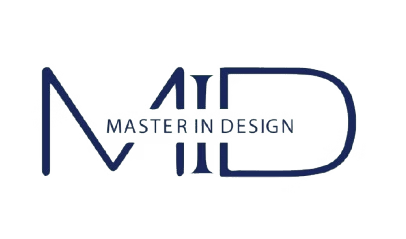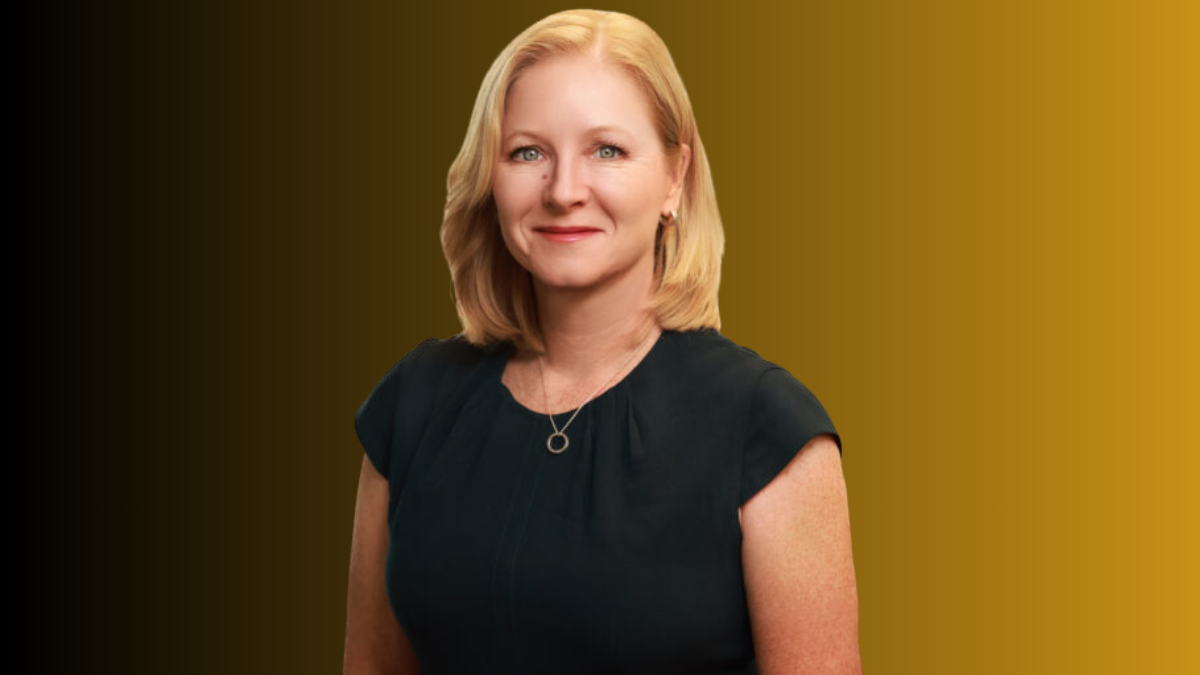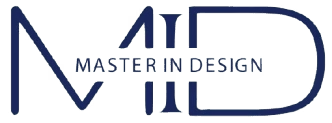
Apple’s iPhone 17 Pro Max Shipping Timelines Slipping After Pre-Orders
September 12, 2025
Seedream 4.0 AI: China’s Bold Move Against Google’s Nano Banana
September 15, 2025How AI Is Transforming Healthcare Through Responsible Innovation
Patients should not be left waiting for officials in Washington, DC, to dictate how AI should be applied in medicine. The healthcare community has a responsibility to lead the way. The driving force behind healthcare transformation with AI is the industry itself, ensuring that the right guardrails are in place so technology can evolve responsibly and effectively improve patient outcomes.
Responsible AI must go beyond compliance checklists. It should actively reduce bias in access to care, secure patient information, and provide consistent monitoring of system outputs. As regulations increasingly need to rise from the bottom up, rather than being forced top-down, healthcare leaders must closely examine the best practices shaping current industry conversations.
Responsible Innovation Without Hindering Progress
Healthcare institutions and their technology partners must constantly ask themselves: How do we keep innovating for patients while maintaining responsibility? The answer lies in building systems that embrace compliance, such as HIPAA requirements, while never losing sight of innovation. De-identifying sensitive data must remain non-negotiable whenever patient information is shared.
At the same time, innovators must strike the right balance. Too many restrictions could slow progress and diminish the benefits AI can bring, while too few rules could create dangerous ethical consequences. The real healthcare transformation with AI will happen when stakeholders—from providers to developers—work together to balance these risks and opportunities. Every perspective matters, especially those from underrepresented communities that must not be excluded from decision-making processes.
Tackling Burnout with AI Tools
Clinician burnout remains one of the most severe challenges in modern healthcare. Even after recent improvements, burnout continues to affect nearly half of physicians. Programs like the AMA’s “Joy of Medicine” are working to address this issue, but AI has become one of the most powerful tools for real change.
Ambient-listening AI technologies now convert patient-provider conversations into clinical notes, reducing the need for manual note-taking during or after appointments. This frees doctors to focus more on patients, enhances the quality of care, and protects physician well-being.
Other AI tools help identify gaps in diagnostics by analyzing large volumes of EHR data. Instead of physicians having to sift through years of lab results or visit records, AI tools provide actionable insights, serving as a second set of eyes. This not only reduces workload but also improves diagnostic accuracy—an essential element of healthcare transformation with AI.
Transparency, Regulation, and Public Trust
Transparency, Regulation, and Public Trust
Transparency plays a crucial role in ensuring trust as AI adoption grows. Without clear communication about how AI is being applied, patients and providers cannot fully trust the system. This is where organizations like CHAI step in. By developing tools like the “applied model card,” which acts as a fact sheet for AI systems, they are making transparency more accessible and practical.
In addition to industry-driven efforts, states are taking regulatory steps to ensure ethical practices. California, for example, requires human oversight whenever AI tools are used in coverage denials, ensuring that licensed physicians remain directly involved in critical decisions.
For hospitals and health systems, transparency is not a risk but an opportunity. By openly sharing how data is protected and how AI tools are applied, institutions strengthen public trust and reinforce their role as leaders of responsible innovation. Ultimately, healthcare transformation with AI depends on building systems that prioritize responsibility while unlocking AI’s full potential to improve care.
Dr. Heather Bassett: Driving Healthcare Transformation with AI
As Chief Medical Officer at Xsolis, Dr. Heather Bassett is playing a central role in driving healthcare transformation with AI. Bringing more than two decades of medical experience, she combines her clinical background with cutting-edge technology to advance meaningful change in the healthcare sector.
Xsolis, known for its AI-driven and human-first approach, relies on Dr. Bassett’s leadership to guide its data science team, denials management strategies, and physician advisor program. Her vision ensures that AI solutions not only improve efficiency but also enhance patient care and trust.
Certified in internal medicine, Dr. Bassett stands as a leading example of how medical expertise and artificial intelligence can come together to redefine the future of healthcare delivery.
FAQs
Q1. What is meant by healthcare transformation with AI?
Healthcare transformation with AI refers to the way artificial intelligence is reshaping care delivery, from reducing administrative burdens to enhancing diagnostic accuracy and improving patient engagement.
Q2. How does AI help doctors in their daily work?
AI tools create clinical notes from patient conversations, scan large volumes of medical records, and highlight important trends. This allows doctors to spend more time with patients while making more informed decisions.
Q3. What role does transparency play in healthcare transformation with AI?
Transparency ensures patients and providers understand how AI tools are applied. By disclosing methods, data protections, and system limitations, healthcare organizations build trust and credibility.
Q4. Can AI in healthcare replace doctors?
No. AI supports healthcare professionals by assisting in decision-making, reducing clerical work, and offering additional insights. Human expertise and oversight remain essential for safe and ethical care.
🌍 Experience Healthcare Transformation with AI
Curious about how artificial intelligence is transforming patient care and redefining innovation in healthcare? Discover our in-depth blogs that connect health, technology, and business insights — designed to keep you informed and inspired.
👉 [Read more on Masterindesign today]







